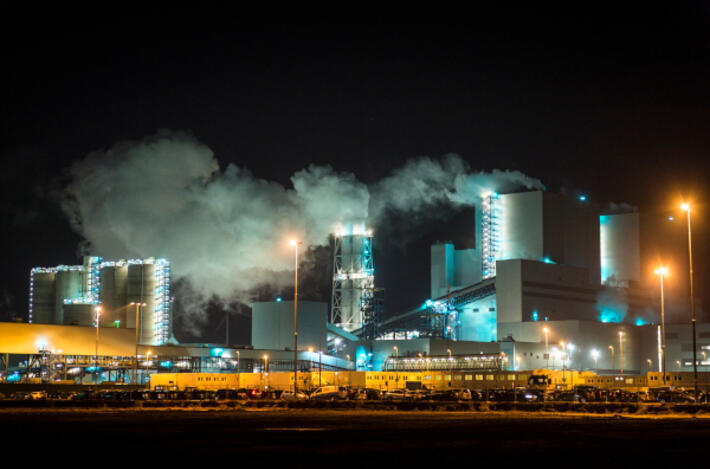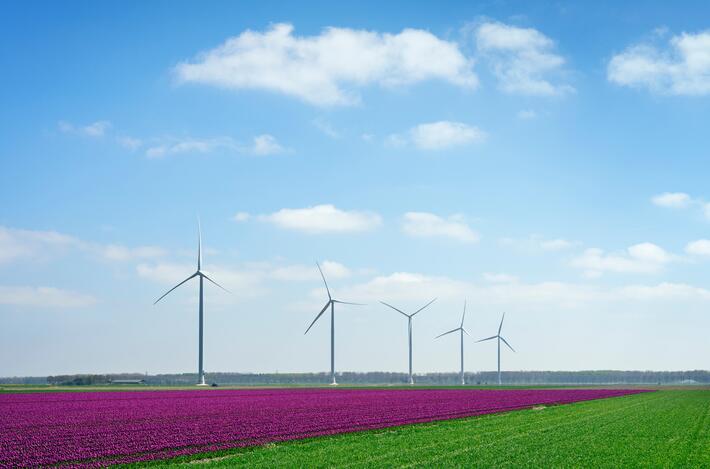Dear Director General,
Following the European Commissions proposal in January, the Spring European Council has been an important milestone in advancing the 2030 energy and climate package discussion further. It sheds light on some fundamental principles the new framework should respect and calls on the EU institutions to develop further work. In particular, the European Council conclusions invite the Council and the Commission to develop for the period 2020 to 2030 "measures to prevent potential carbon leakage and call for long-term planning security for industrial investment in order to ensure the competitiveness of Europes energy-intensive industries."
This call from heads of state and government is fundamental because effective carbon leakage measures post-2020 were missing from the European Commissions proposal. Predictability on the future of carbon leakage measures post-2020 is as important as measures to tackle the volatility of EU Emission Allowances prices post-2020 under the EU ETS. The definition of carbon/investment leakage, eligible sectors, what needs to be compensated and how (EU ETS direct/indirect costs and beyond) are some of the fundamental questions which need to be addressed from the outset.
BusinessEurope strongly believes that a genuine reform of the EU ETS post-2020 with an improved carbon leakage support must take place, not the proposed piecemeal approach. The Market Stability Reserve proposal should be discussed, but in conjunction with compensation measures for direct and indirect costs if the 2015 Climate Conference in Paris does not deliver a global level playing field for EU industry.
Against this background, BusinessEurope calls on the European Commission to provide clarity, as soon as possible, on what work it is undertaking on post-2020 carbon leakage protection measures (EU ETS and other decarbonisation programmes), the timeline and how stakeholders will be involved as well as how the Commission intends to proceed towards the June European Council.
For your information, a similar letter is being addressed to Mr Dominique Ristori, Director General in charge of Energy.
Yours sincerely,
Markus J. Beyrer
10-04-2014
Downloads
Brief 2014-00419-E




